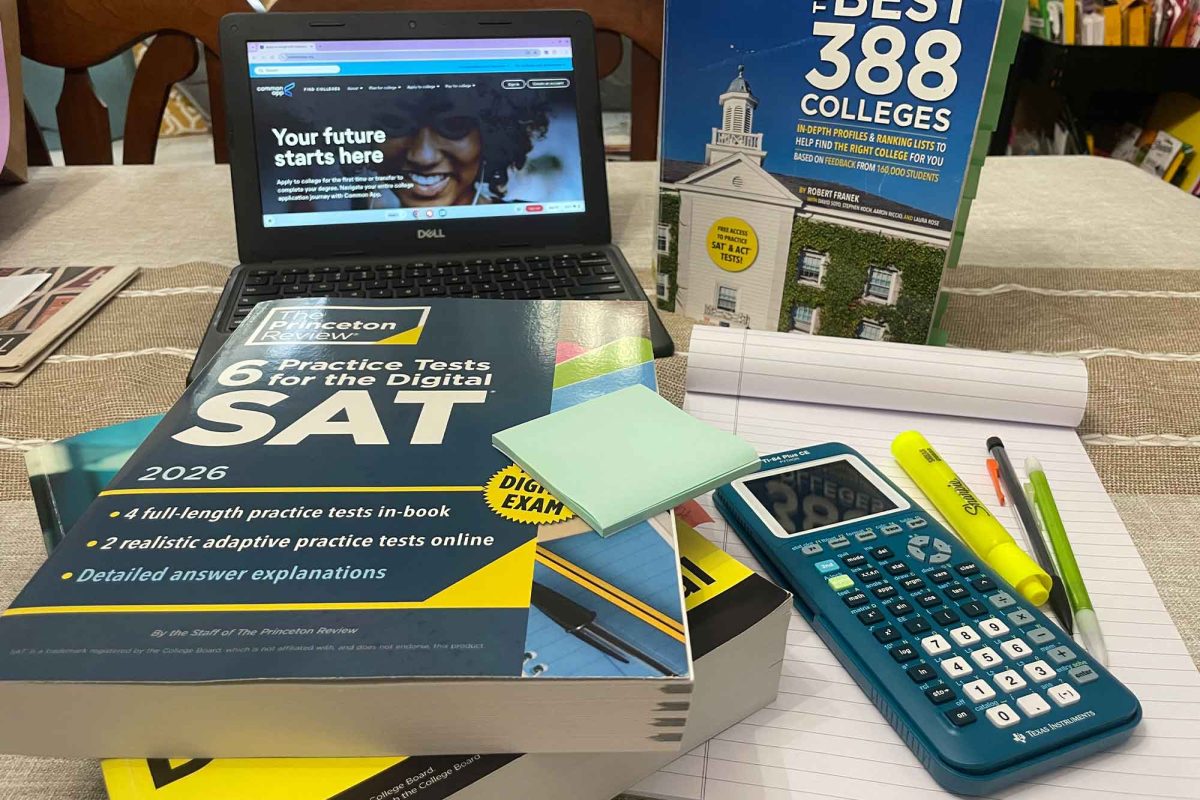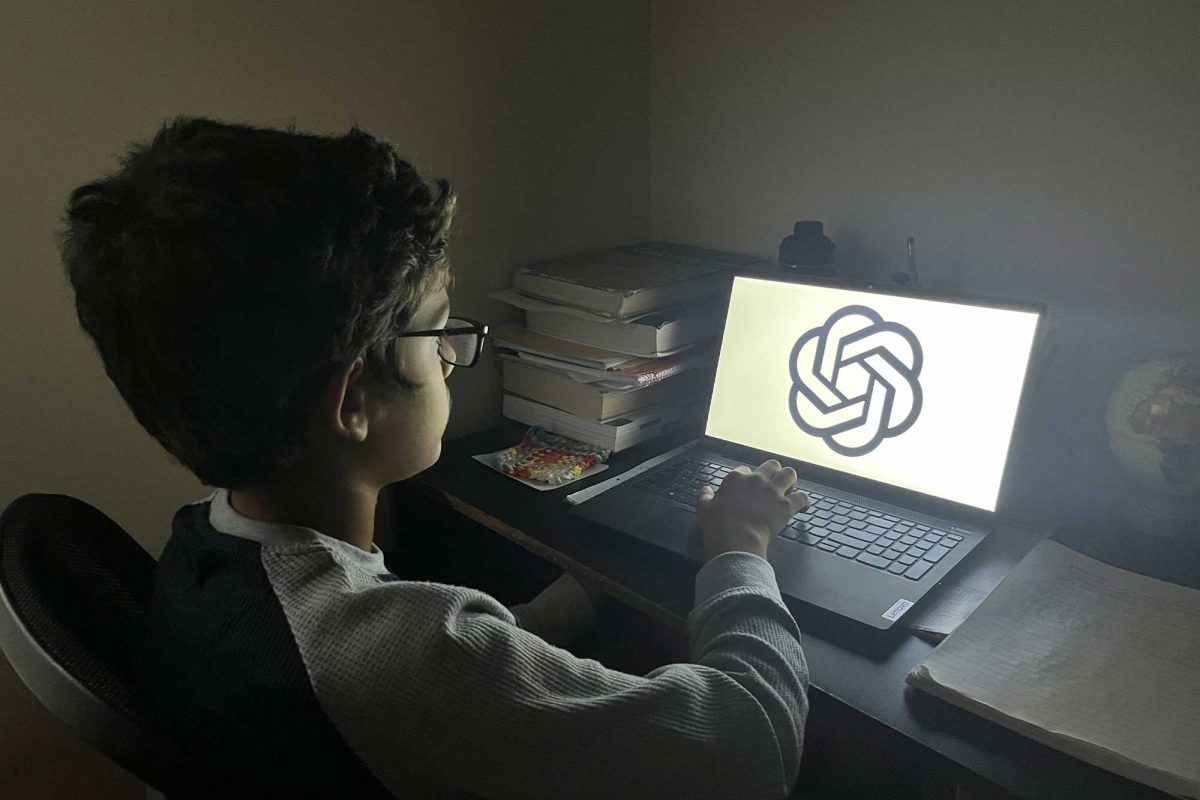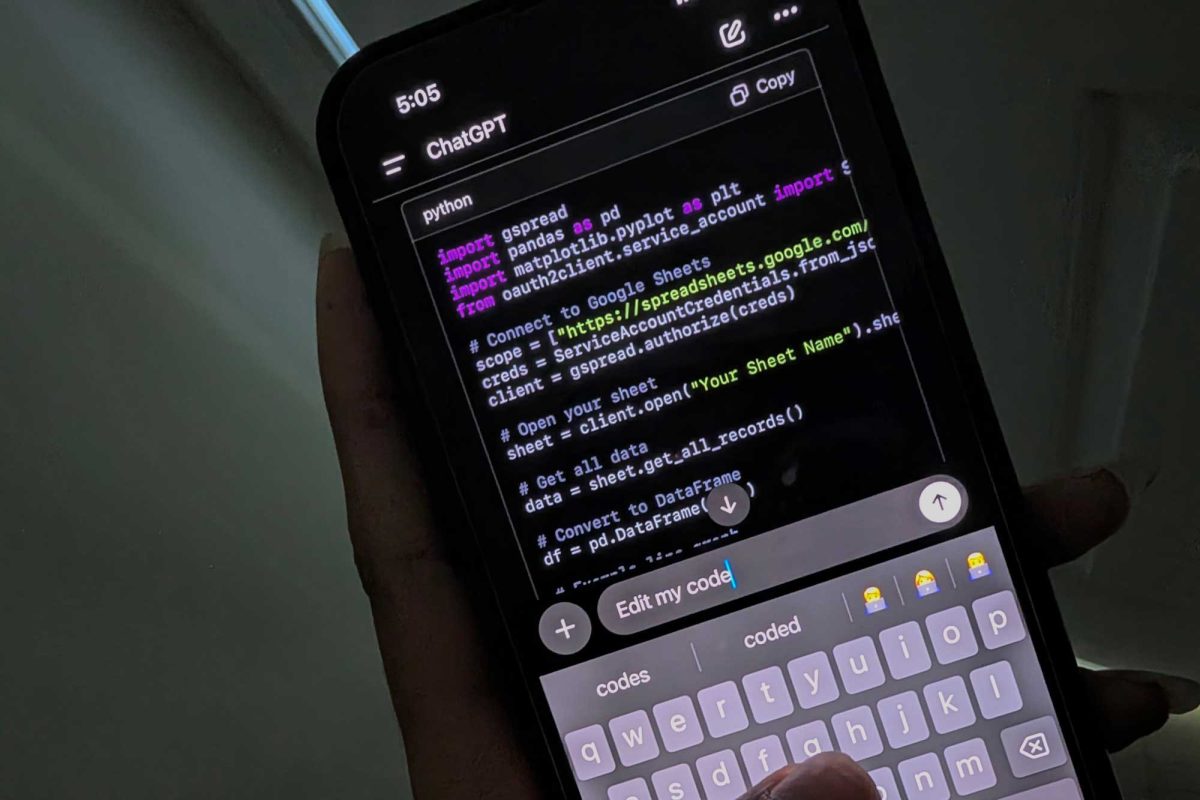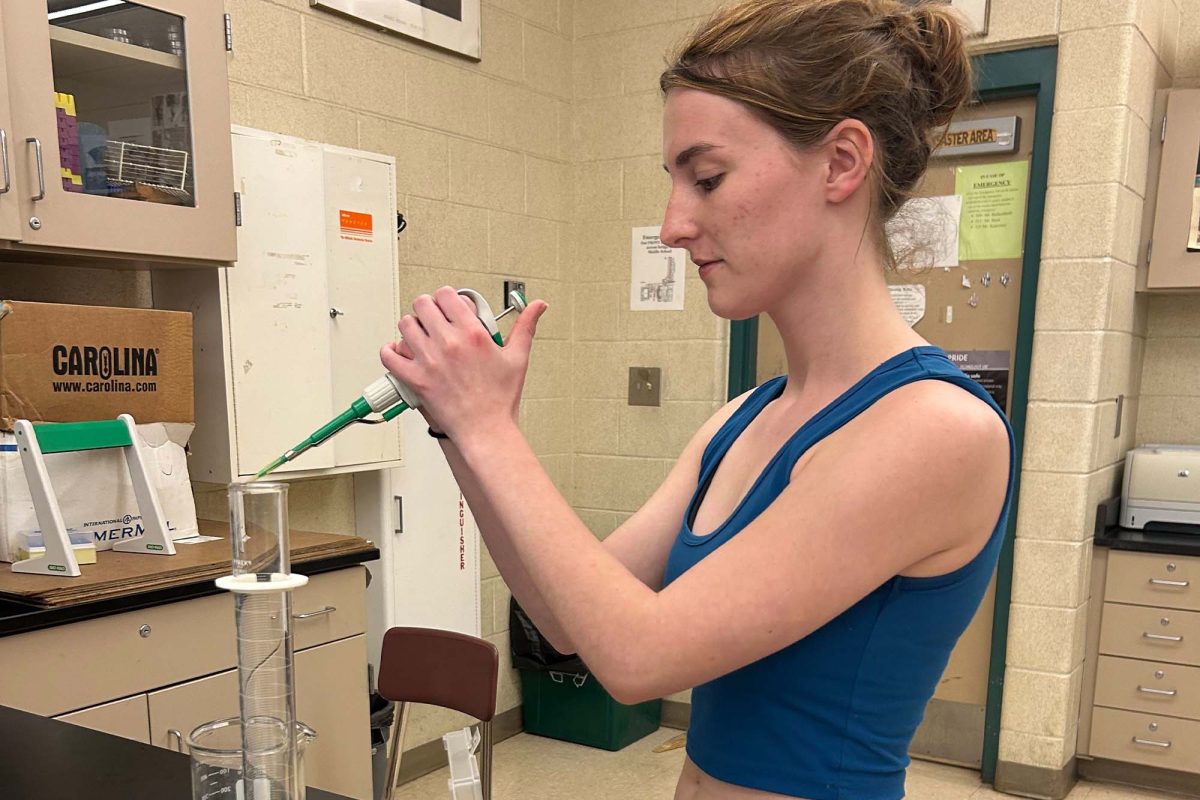It’s 11:47 p.m. You’re typing furiously, hoping to finish your lab report before the deadline.
You promised yourself to be more proactive and start the assignment earlier to avoid this exact situation last time. Still, you have fallen back into this familiar loop of procrastination.
Now more than ever, as finals are creeping closer, students often fight an internal battle, involving the need to study versus the temptation to procrastinate. A study by Magoosh reports that 86% of high school students procrastinate.
“I find myself procrastinating all the time,” sophomore Brendan Godo said. “I’m always procrastinating on an essay or a long-term assignment. I think I have more time than I really do, so I just say, ‘Oh, I can do it tomorrow,’ or I just end up not having enough time in the end.”
This tendency to delay boring or difficult tasks is known as task aversion, a psychological phenomenon that may be experienced by students and teachers alike.
“I think I, like many, have that kind of natural urge to avoid things that I don’t enjoy,” English teacher Mr. Robert Zakrzewski said. “I’m certainly someone who can push things, prioritizing things that I find more enjoyable or just more fun, more than the things that I find a burden.”
Busy schedules accelerate this cycle of procrastination.
“I think it has to do with the number of things I do, in and out of school,” Godo said. “I always have something to do, so I always have a chance to put something off…in the long term, it doesn’t help me. I just get stuck in a loop.”
This “loop” that students feel stuck in can be explained psychologically. While procrastinating, the brain’s prefrontal cortex, normally responsible for decision-making and planning, is overridden by the limbic system, which focuses on emotions and immediate pleasure. Discipline and focus take the backseat, leading to avoiding tasks and strengthening the desire to procrastinate.
However, a student’s amount of discipline when working is often dependent on the importance or urgency of a task.
“Whatever I deem important to me, I procrastinate on less,” junior Thandiwe Jemwa said. “For example, if I’m doing something science-related, I’ll take science classes more seriously than some other classes.”
Moreover, procrastination is not always the result of laziness. Oftentimes, procrastination is a reflection of value-based decision making, the concept that individuals are more likely to take action towards tasks they find valuable.
Nonetheless, procrastination to any degree may lead to discomfort, anxiety, losing sleep, and feeling overwhelmed, according to the McLean Hospital at Harvard Medical School. While it may seem difficult to shake these symptoms, staying organized is one way to combat procrastination.
“I’m a list writer. I need to have a list for my week, and I do really stress when things on that list need to be done…It sounds simple, but it helps me a lot. In times when I don’t have my list, I do realize I start slipping and losing sight of things,” Zakrzewski said.
By taking the time to acknowledge procrastination, understand the psychology behind the process, and find ways to work against stalling assignments, it is possible to avoid the dreaded and rushed late-night work.
“The classroom is the place where we’re supposed to acknowledge and accept our flaws and work on them,” Zakrzewski said. “If we realize procrastination is something we have as part of us, we should focus on how to, maybe not ever eliminate it, but take steps to make it less of a problem.”














